11 start with I start with I
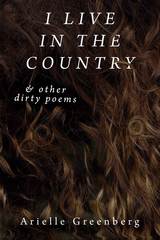
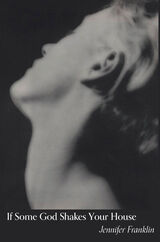
Jennifer Franklin reimagines an Antigone for our times in her third collection, If Some God Shakes Your House, where filial devotion and ossified roles of gendered labor become the engine of her defiance. Franklin’s Antigone is ferocious, feeling, and unafraid of the consequences of speaking the truth to power about the political atrocities she has witnessed and personal traumas she has withstood. With a sensitivity that equally elevates the quotidian and the classical, and an attention that moves from the ancient ruins of Pompeii to the right of bodily autonomy and agency stripped away by our own Supreme Court, Franklin reveals the high stakes of our moment where “the one who does the judging judges things all wrong.” Franklin’s Antigone has embraced the sacrifice of self for something greater—a dual devotion to her disabled daughter and to her art. “For twenty years, I have been disappearing,” she writes in the book’s final poem, yet she continues to sing.
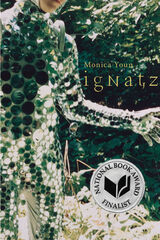
Ignatz takes the form of a cycle of love poems—in radical variations—based on Ignatz Mouse, the rodent anti-hero and love-object of George Herriman’s classic comic strip Krazy Kat. For decades, Krazy Kat rang the changes on a quirky theme of unrequited love: cat loves mouse; mouse hates cat; mouse hits cat with brick; cat mistakes brick for love; and so on, day after day. The backgrounds of the strip were in constant inexplicable flux: a desiccated specimen of Arizona flora morphs in the next panel into a crescent moon, then into a snowcapped butte, while the characters chatted obliviously on, caught up in their own obsessive round.
Moving through pacy, overflowing sentences, enigmatic aphoristic observations, and pointed imagistic vignettes, Youn’s second collection vividly captures the way the world reorients around an object of desire: the certainty that your lover “will appear in the west, backlit by orange isinglass,” the ability to intuit a lover’s presence from the way “unseen flutes / keep whistling the curving phrases of your body.” Youn skillfully draws on the repeating narrative motifs and haunting landscapes of Krazy Kat as she tests and surpasses the limits of lyric to explore the cyclical elements of romanticized love. Youn speaks to and with her poetic forbears, whether St. John Perse, whose phrase “robed in the loveliest robe of the year” (T.S. Eliot’s translation) recurs in several love songs to Ignatz, or Geoffrey Hill, whose Mercian Hymns these poems recall in their serial structure and their commingling of the contemporary and classical. Ignatz is a poignant foray into the inventive possibilities of obsession and passion.
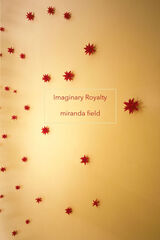
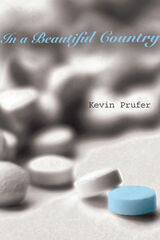
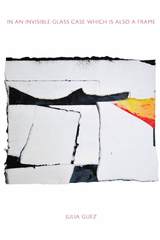

Willard’s love of music combines with his love and respect for the natural world. Often rooted in, or coming out of, domestic encounters, the poems of this collection rise up (much like the clouds over his oft-traversed Rockies), as the speaker throws his attention to earth and sky, better to understand his own dynamic and shifting inner weather.
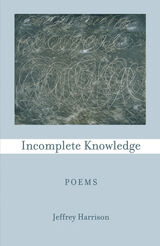
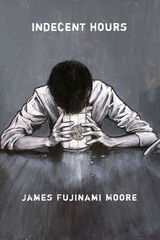
For award-winning poet James Fujinami Moore, the past is never past. In this brutal debut, sensual, political, and imagined worlds collide, tracing a history of diaspora and trauma that asks: what do we do in the aftermath of violence, and why do we long to inflict it? From Vegas boxing rings and the restless sands of Manzanar to the scrolling horrors of a Facebook feed, Moore’s poems trace over intimate details with surprising humor, fierce eroticism, and a restless eye.

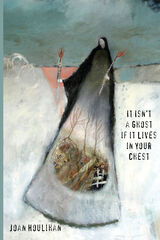
Houlihan’s sixth collection of lyric poems reflects upon the persistence of what is lost and the accidental ruptures of trauma that allow re-entry into our world. These poems are at once despairing and hopeful.
READERS
Browse our collection.
PUBLISHERS
See BiblioVault's publisher services.
STUDENT SERVICES
Files for college accessibility offices.
UChicago Accessibility Resources
home | accessibility | search | about | contact us
BiblioVault ® 2001 - 2024
The University of Chicago Press









